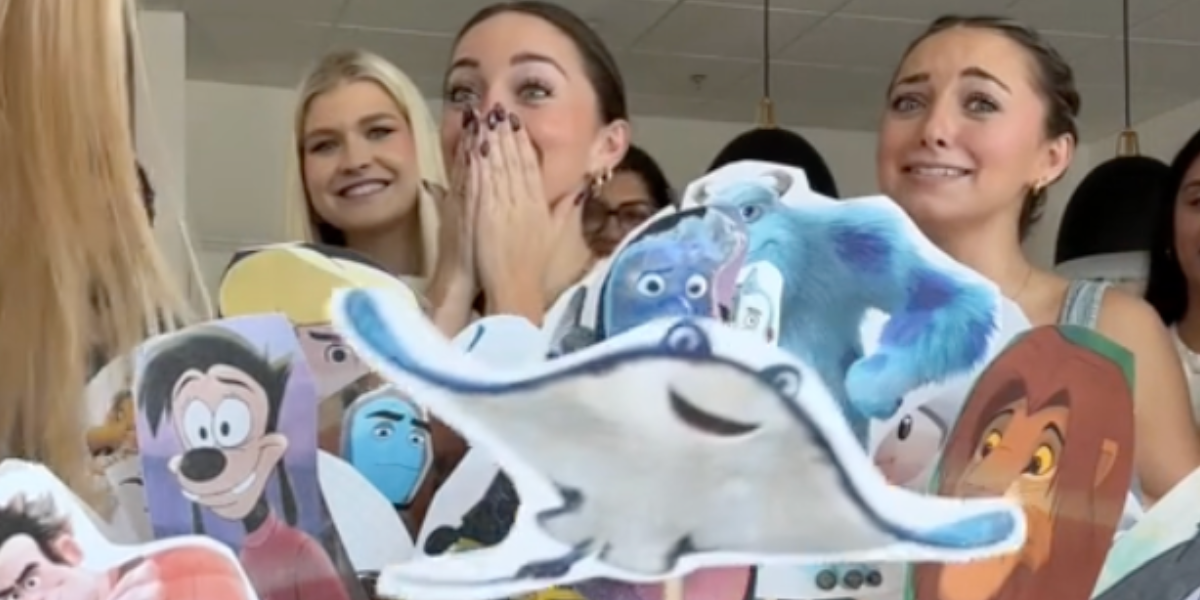feature image via shutterstock
A new study from Stanford university researchers indicates that LGBTQ medical students in the United States and Canada have strong fears of discrimination that lead them not to discuss their queer and trans identities. The study, which appears in the journal Academic Medicine is one of the first to examine sexual and gender diversity among medical students.
The Stanford research team, made up primarily of members of their LGBT Medical Education Research Group, sent out surveys to every medical student in the United States and Canada during the 2009-2010 academic year. While only a little under six percent of the surveys were returned, this still represented an impressive 5000+ participant pool to draw data from. Of those who responded, 917 self-identified as a “sexual or gender minority (SGM),” a term defined by the study group. Of those who identified as an SGM, nearly 30% indicated that they were not “out” to their medical school peers and instructors. While about 60% of those who were not out noted that it was because it was “nobody’s business,” almost 44% said it was due to fears of harassment or discrimination. Among those identified as a “gender minority,” the numbers are even worse: 60% were not out to their colleagues, and fears of discrimination and lack of support cited as the most common reasons.
The researchers shared some of the free-text responses from the study participants regarding their reasons for not keeping quiet about their identities. They’re all pretty disheartening. One young bisexual woman said:
“I’ve also met multiple people who believe that bisexuality does not exist. In particular, I feel that claims of bisexuality in women are regarded with suspicion—attempts at gaining attention because of the appeal of “girl-on-girl”…. When I came out about being bisexual to a very well-educated medical school colleague of mine (at the top of his class, multiple degrees, extensive knowledge about politics), he innocently commented that he never quite understood the idea of threesomes and asked whether my bisexuality meant that I would want to marry both a man and a woman. I was totally taken aback that even a highly educated peer could so honestly equate bisexuality with polygamy.”
Another of these responses unfortunately provides some reinforcement for why transgender students may be disinclined to disclose their trans status when she misgenders a patient in the course of her comment:
“I have only shared my orientation with a few friends whom I feel to be accepting. No faculty know, that I’m aware of, because I fear their prejudices will affect my grades consciously or unconsciously…. I have found no faculty who seem accepting of LGBT people based on their casual conversations, discussion about patients…. On my surgery rotation, we saw a male-to-female transgender patient who had “do-it-yourself” silicone breast implants which had become infected. He was treated like a freak by the residents and attendings behind closed doors, joking at his expense. “
Taking a deeper look at the data provides some interesting insight into the difficulties that this kind of research poses when the progressive individual identities of young people bump up against the need for researchers to use boxes. Of the 912 GSM respondents, 148 (over 16%) indicated they identified with “multiple sexual identities,” though the researchers do get some credit for including both “queer” and “questioning” as potential responses.
Unfortunately, it appears probable that their question construction for gender minorities may have frustrated their efforts to capture data about transgender students. For gender, the participants were only given the options of male, female, “female-to-male transgender,” “male-to-female transgender” and “other gender identity.” This is unfortunate and significant othering of trans people, and the use of antiquated “MTF/FTM” language may have caused transgender students to instead self-identify as male or female. Considering that 22 of the 35 gender minority participants elected “other gender identity” as their selection, it seems possible that some granularity in the data was lost. Indeed, even Stanford’s own news post on this publication referred to the gender minority students in this study as “those identifying as something other than male or female,” failing to grasp the concept of transgender identities entirely.
Regardless, this study provides important insight into the barriers faced by LGBTQ medical students early on in their careers. It’s certainly perfectly understandable that some students will choose not to disclose their gender identities or sexual orientations for a simple preference for personal privacy. However, the fact that significant numbers of queer and transgender medical students remain closeted in their professional environs because they fear discrimination or lack support from their institutions, peers, and mentors is incredibly concerning, though certainly justified in the homophobic climate of medical schools. Visibility remains one of the key methods of combatting anti-LGBTQ biases, and given how poorly queer doctors are treated, the depressing lack of LGBTQ health education in medical school, and the dismal state of medical care for the queer and transgender communities, we need as many out doctors as possible. The Stanford research team seems to grasp this notion strongly, noting in the conclusion to their paper:
“Although SGM students often experience a different and occasionally hostile environment during training, they also bring a unique and underrepresented perspective to medicine. In particular, these individuals may be much more likely to pursue careers that encompass caring for SGM patients, who face significant health and health care access disparities. All medical students deserve a safe and respectful environment that fosters individual development and success during undergraduate medical training. As such, all institutions must take active steps to better support SGM individuals in medicine.”







